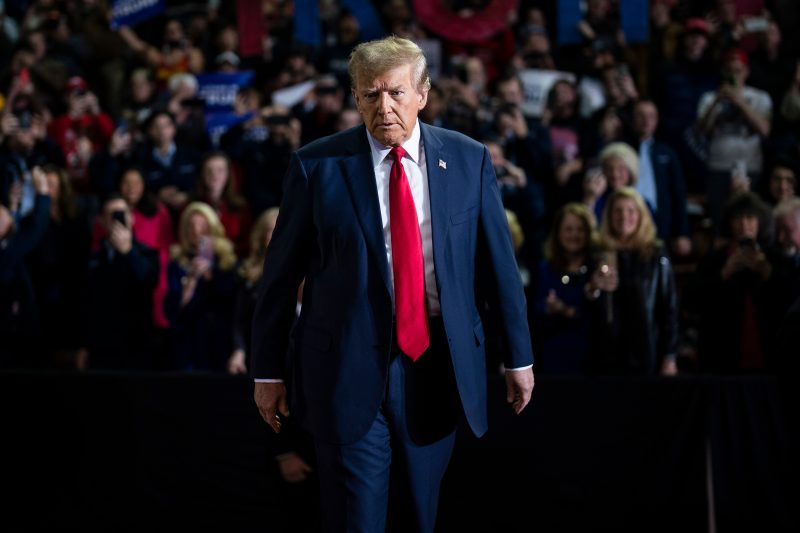
Trump’s Extremism: A Potential Draw for American Voters?
There is a certain allure to extremities, and it is not uncommon to find this echoed in the political landscape. In the case of Donald Trump, his distinct qualities and unorthodox methods continue to grip the heart of many Americans, even as they recognize his extreme tendencies.
Donald Trump’s presidency, fought with unconventional politics, blatant rhetoric, and overt disregard for diplomacy, has unquestionably been one of the most polarizing periods in American history. Yet, there remains a significant populace considering re-electing him. These choices seem paradoxical concerning American democracy’s core values and its inherent promise of liberty, equality, and justice.
One crucial factor explaining this potential contradiction is the poignant disaffection with establishment politics. Many Americans crave change from the usual narrative, and Trump, being everything but typical, fits this bill. His brash, sometimes outrageous, conduct borders on extremism but also serves as a refreshing detour from the predictable sensitivities and politicking that characterize most politicians.
Secondly, his blatant disregard for political correctness differentiates him in the political scene. Critics may label it as extreme, but this conversational style resonates with many Americans who interpret it as sincerity and authenticity, making him relatable to his followers. This meant that Trump managed to appeal to a host of politically disengaged citizens who appreciated his straightforward and, on occasion, divisive rhetoric.
Moreover, Trump’s nationalistic tendencies and ‘America First’ motto have ignited a potent sense of patriotism among his followers. His extreme stance on immigration and commitment to border wall construction, although contentious, resonates strongly with those who perceive these matters as fundamental to American safety and sovereignty. This surge of nationalism steers more citizens towards his ‘extreme’ policies, as they see them as a means to protect and serve American interests.
Trump’s handling of the economy adds another layer to this conversation. Quite a few Americans perceived his business background and policies as potential triggers for economic growth. Lowering taxation and deregulation have been cornerstones of Trump’s economic policy, and despite being deemed radical by some economic pundits, they have found support among segments of society, especially business owners.
Lastly, the media environment during Trump’s presidency further explains why he can be seen as extreme yet receive substantial support. Aided by social media echo chambers, Americans largely consume information that corroborates their existing perspectives. As a result, those who support Trump are more likely to consume then bold, divisive remarks as an inspiration, not an extremity.
The possibility of Trump’s re-election, despite his extreme stances, underscores two key realities about present-day American society. Firstly, there is a growing dissatisfaction with establishment politics that has led to the embracing of more radical remedies. Secondly, how people perceive, process, and react to political discourse largely determines the acceptability of figures like Trump. While some are quick to categorize his tendencies as extreme, others, seeing the same actions, find a leader willing to challenge the status quo.
